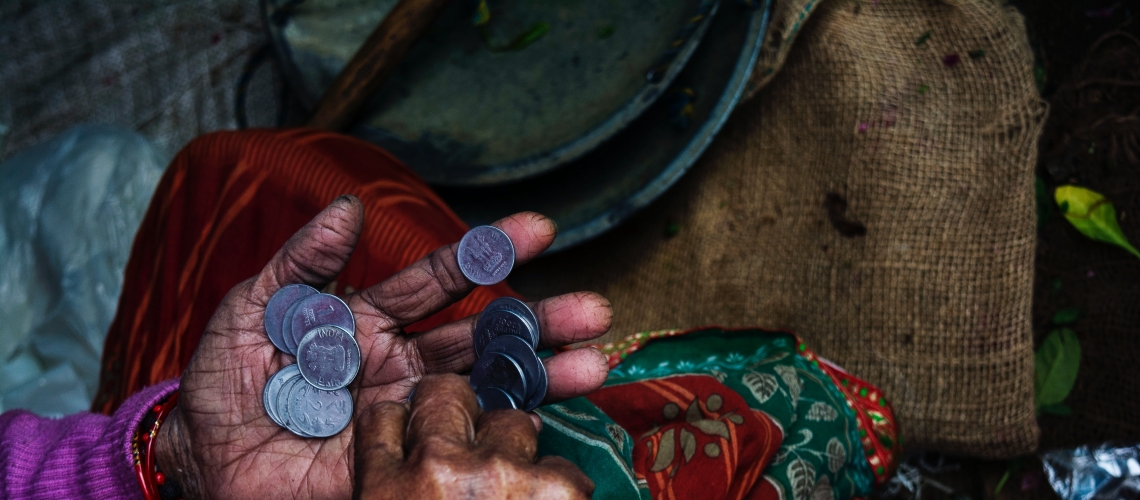
Greed and Inequality
Catholics are familiar with the following verse from Luke 12:15 - Then He said to them, “Watch out! Be on your guard against all kinds of greed; a man's life does not consist in the abundance of his possessions.” Mr. Mohandas K. Gandhi also warned us when he stated that the world has enough for everyone's need, but not enough for everyone's greed. The statistics support his comments. According to a Credit Suisse report, we now live in a world where the richest one percent of the population owns more than half of the total wealth.
How did we end up this way? It was not always like this. For most of human history, we were hunter-gatherers. During this period, humans were relatively equal, each having a limited number of possessions. People only took what they needed to survive. Hoarding items was not an option because we were constantly on the move. We lived a nomadic existence.
But things changed approximately 12,000 years ago when we started domesticating plants and animals. This made our food supply more accessible and predictable. Farming enabled families to collect wealth and pass it on. The region with the first agricultural communities is known as the Fertile Crescent, a narrow strip of land between the Tigris and the Euphrates rivers. The Greeks called this area Mesopotamia, which means “between the rivers”. In addition to agriculture and irrigation, technological advances in this region included the development of writing, glass, and the wheel. It should be noted, however, that the more technologically advanced a society was, the less equal it tended to be.
Cities started to form. Mesopotamian cities included Eridu, Uruk, and Ur. Early cities arose in the Indus Valley and ancient China, as well. Establishment of these urban areas further widened the gap between the rich and the poor. Large cities are places that disproportionately reward the most talented people, while fail the least skilled [World Economic Forum].
Fast-forward to today and the inequality crisis is at a tipping point. After 12,000 years of “progress”, the most recent statistics show that 82% of the wealth created in 2017 went to the richest one percent of the global population, while the 3.7 billion people who make up the poorest half of humanity received nothing [Oxfam]. Clearly, this inequality is driven by greed. It is also obvious that the answer to most of the world’s problems is a fair allocation of the world's wealth.
Pope Francis summed it up as follows: “Once capital becomes an idol and guides people’s decisions, once greed for money presides over the entire socio-economic system, it ruins society, it condemns and enslaves men and women, it destroys human fraternity, it sets people against one another, and it even puts at risk our common home, Mother Earth.”
References
https://www.cnbc.com/2017/11/14/richest-1-percent-now-own-half-the-worlds-wealth.html
https://www.mrdowling.com/603mesopotamia.html
https://www.weforum.org/agenda/2014/07/cities-urbanization-rich-poor-inequality/
https://www.oxfam.org/en/5-shocking-facts-about-extreme-global-inequality-and-how-even-it
https://www.pexels.com/photo/person-holding-coins-874684/
